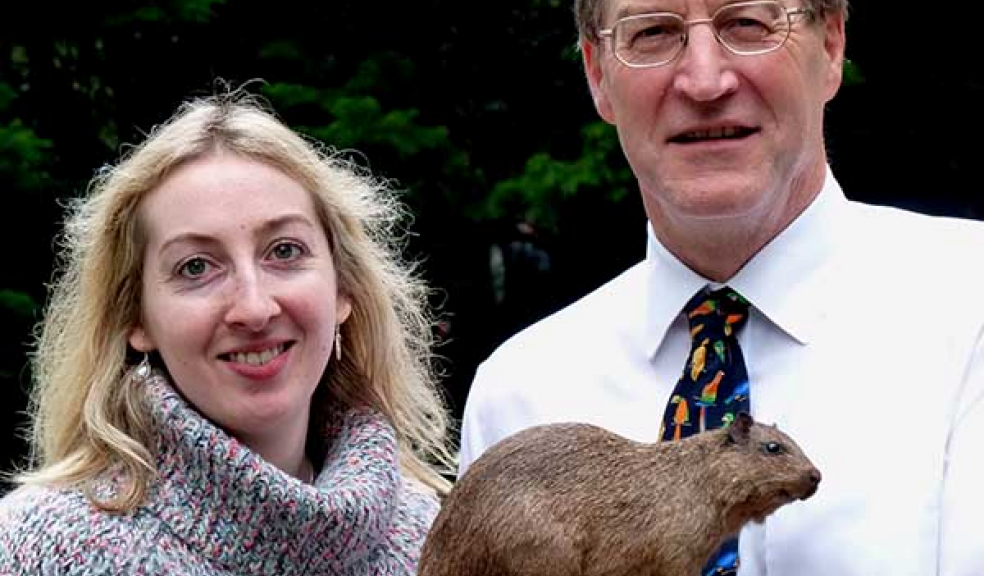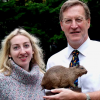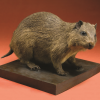
Jurassic Park style DNA sampling at RAMM
DNA from a rare specimen of an extinct mammal will be sampled, Jurassic Park style at the Ark, the Royal Albert Memorial Museum & Art Gallery’s archive.
Although, unlike in the film, the technology doesn't yet exist to bring the animal back to life, the DNA will be important for a research project into the species.
Until the two Swan Island hutia were brought to light at RAMM, researcher Roseina Woods had just 12 specimens in the UK to work on. The collection at the Natural History Museum in London, was thought to contain the only remaining examples in the country.
The animals lived only on one small island in the northwestern Caribbean Sea, and became extinct during the 1950s. The Hutia Geocapromys thoracatus was a rodent, about 33cm long with grey-brown fur.
RAMM's specimens were donated to the museum around 75 years ago by Paignton Zoo Environmental Park (then known as Primley Zoo), where they had been kept as part of a breeding programme in an attempt to reintroduce the species.
Roseina Woods’ research at Royal Holloway University of London draws on ancient DNA techniques similar to those used in the recent studies on mammoths, Neanderthals and early humans. Her work on the genetic information could help with the future conservation of related endangered species.
Rosie Denham, Exeter’s Lead Councillor for Economy and Culture said: “This research is an excellent example of how RAMM’s collections can add to our understanding of the world we live in.”
RAMM’s Curator of Natural History, Holly Morgenroth said: "This research shows the value of preserving rare specimens from zoos and breeding centres in museum collections. RAMM is fortunate to have treasures such as these, and researchers can miss out by assuming that scientifically important specimens are only held by national museums.
"We knew that we had the hutia in our stores, but it wasn't until Simon Tonge from Paignton Zoo visited that we realised just how rare they are. I’m delighted that they will now be part of an important research project."
The DNA samples will be taken from the RAMM Hutia on Wednesday 17 December and taken to London for analysis. Roseina Woods’ study will continue for another couple of years so the results won't be known for some time.














